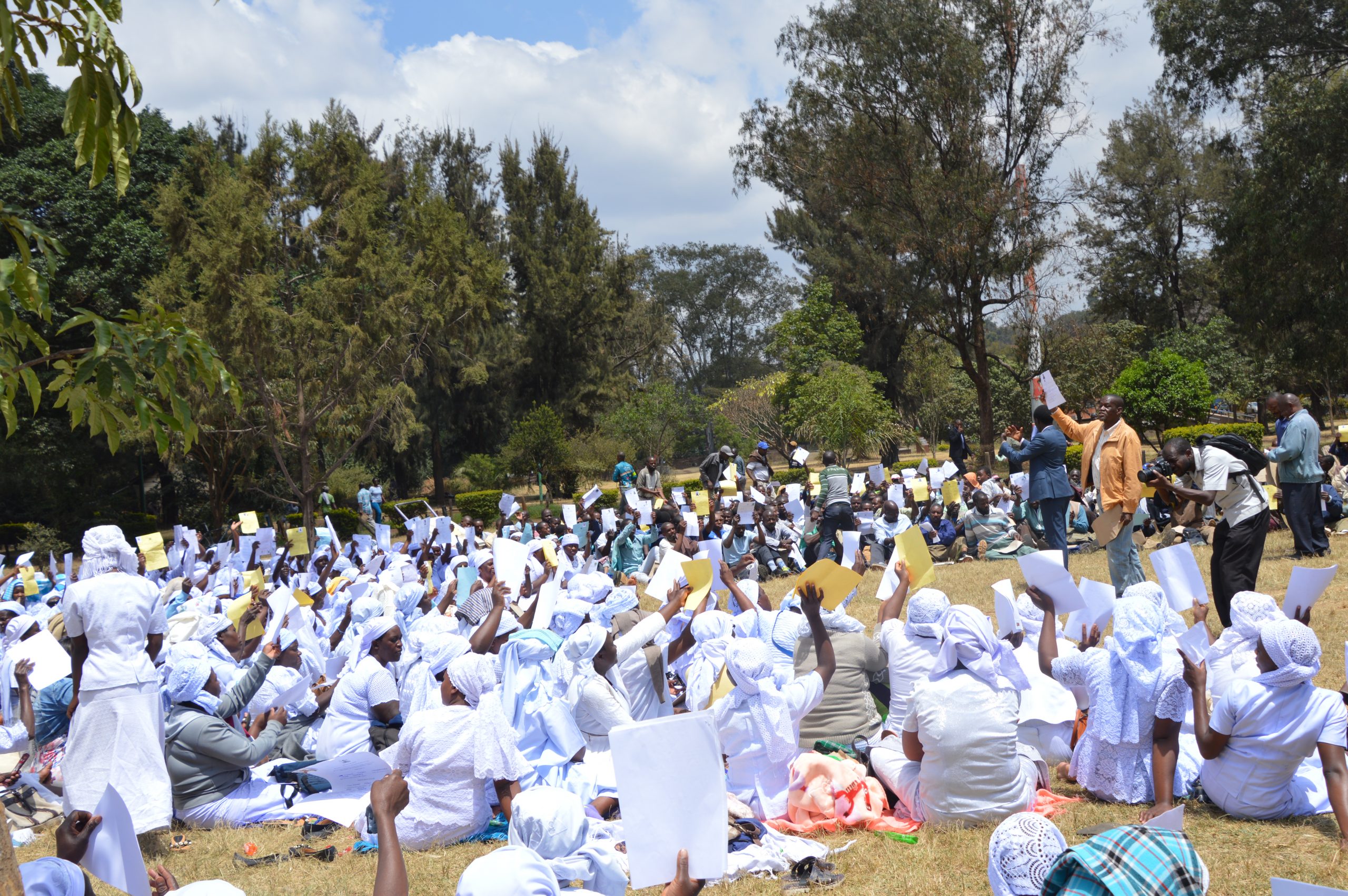
Promoting human rights in Kenya
The Kenya Human Rights Commission (KHRC) works to secure human rights-centred governance at all levels in the country. Since 2019 it has worked to challenge the implementation of a new national identity card and population registry scheme, commonly known as the Huduma Namba. KHRC, together with the Nubian Rights Forum, challenged the scheme in court and in 2020 Kenya’s High Court found that the scheme lacked an appropriate regulatory framework to ensure compliance with constitutional requirements.
Specifically, the court found that there had been a lack of prior consultation, and there was a risk of privacy violations, identity fraud, and of deepening exclusion of those people who do not possess the required documentation, particularly stateless persons. Its concerns compelled the government to alter the data collection form to include ‘stateless persons’ and add an amendment that constitutes an official recognition of statelessness. On 11 June 2021, the organisations issued an open letter to express concern that the government was moving ahead with the scheme despite delays in implementing the court’s judgement.
In further support for stateless communities, the KHRC successfully advocated for Shona people, who originally came from Zimbabwe, to receive adult birth registration certificates. As of December 2020, KHRC had submitted 1,730 citizenship applications on their behalf. During a ceremony with the Interior Cabinet Secretary in July 2021, the government granted citizenship to the Shona and provided them with identification cards. Today, they are no longer considered stateless and the government has committed to end statelessness for all persons in Kenya.
KHRC has also worked with the Ndula Resource Centre (NRC) to campaign for justice for communities and workers who claim their human rights have been undermined by Kakuzi, a Kenyan agricultural cultivation and manufacture company and subsidiary of the UK company, Camellia PLC. Their claims before a UK court related to allegations of sexual and gender-based violence, labour rights violations, assault and the dispossession of more than thirteen communities. As a result of their efforts, they have secured one billion Kenyan shillings as compensation for claimants in an out-of-court settlement, had three out of six public roads opened by Kakuzi after years of closure, petitioned the National Land Commission, which required Kakuzi to open all public roads and surrender all public amenities to the national and county government, and established mechanisms and policies for grievances. KHRC and NRC also encouraged Kakuzi to employ female field marshals to ensure the safety of school-going children who have to cross through a forest to and from school. The company has also replaced male guards with female security guards in an effort to curb incidents of rape and sexual violence.
Return to grantee stories
